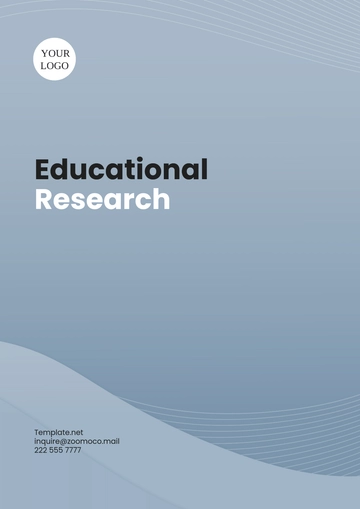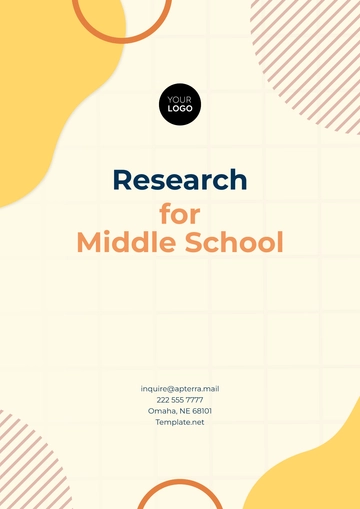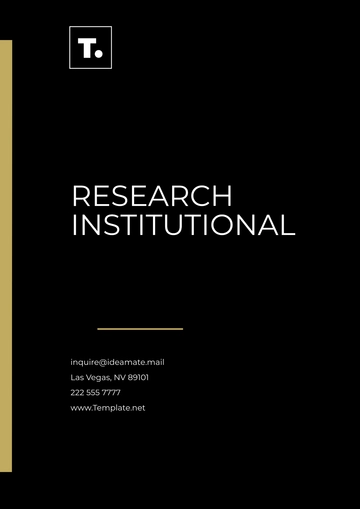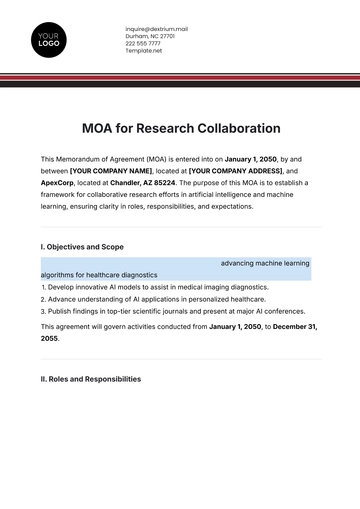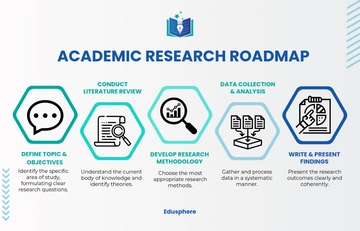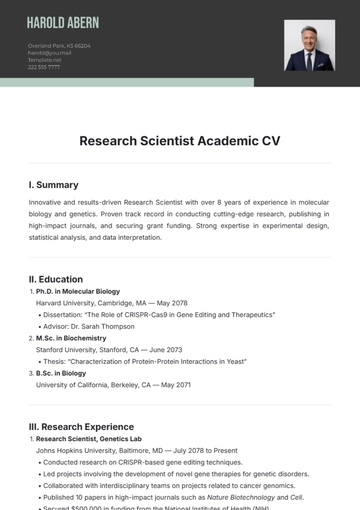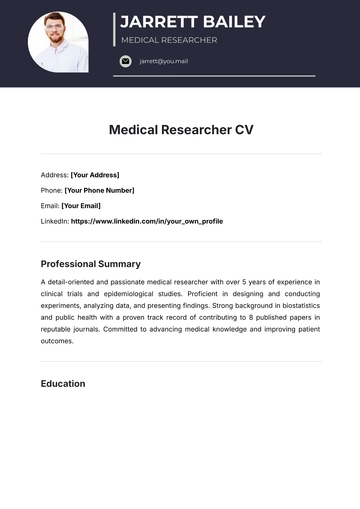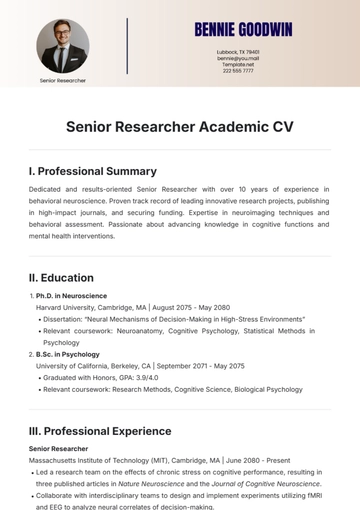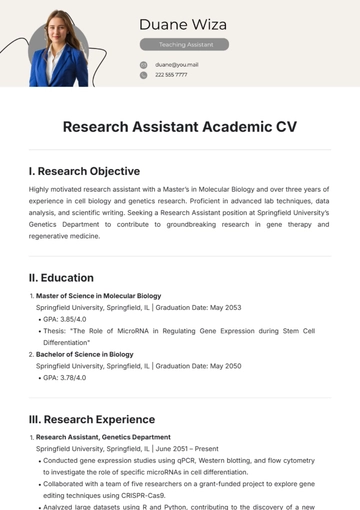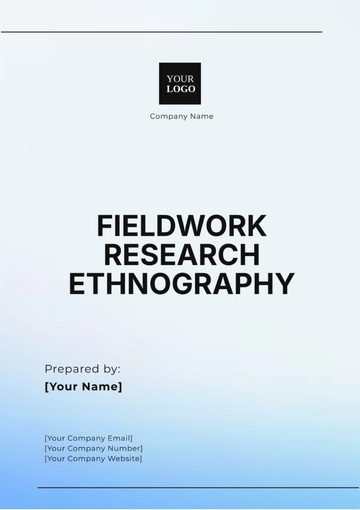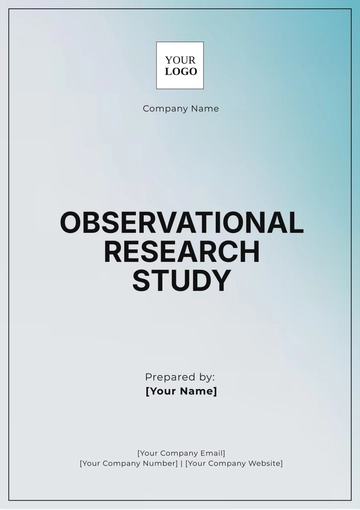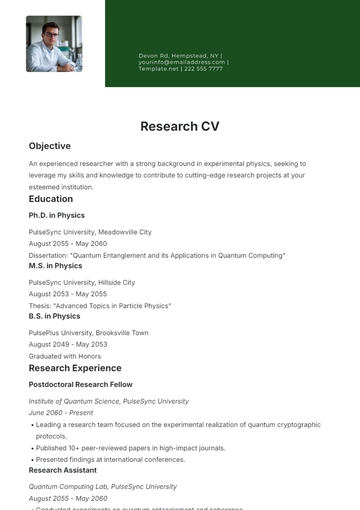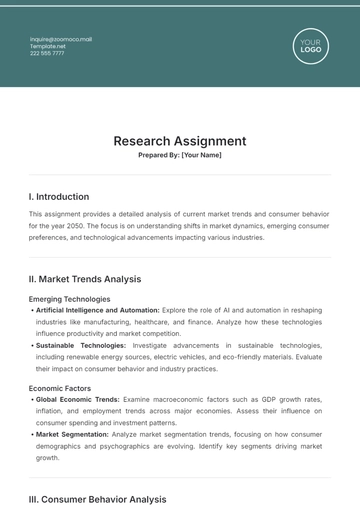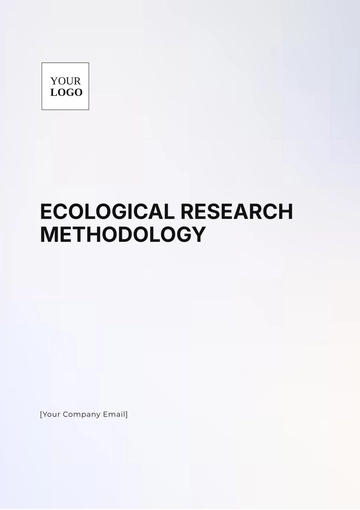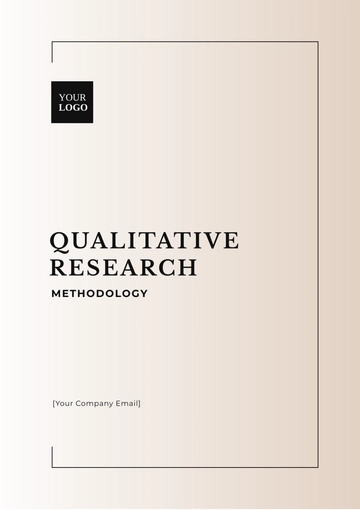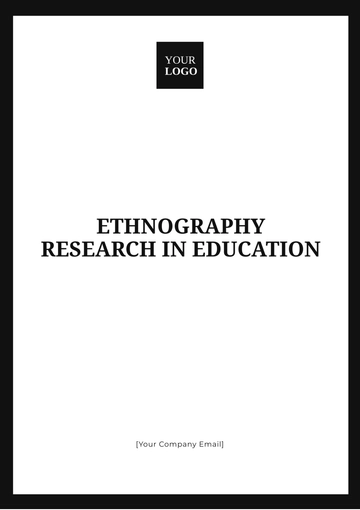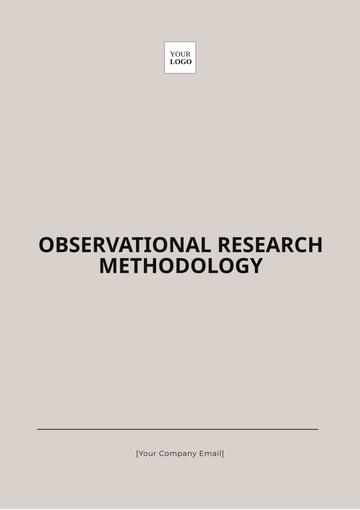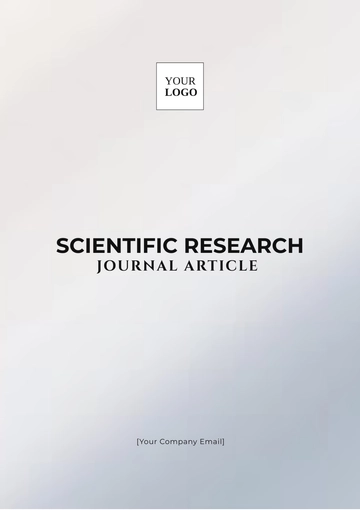Free Sustainable Planning Research Problem
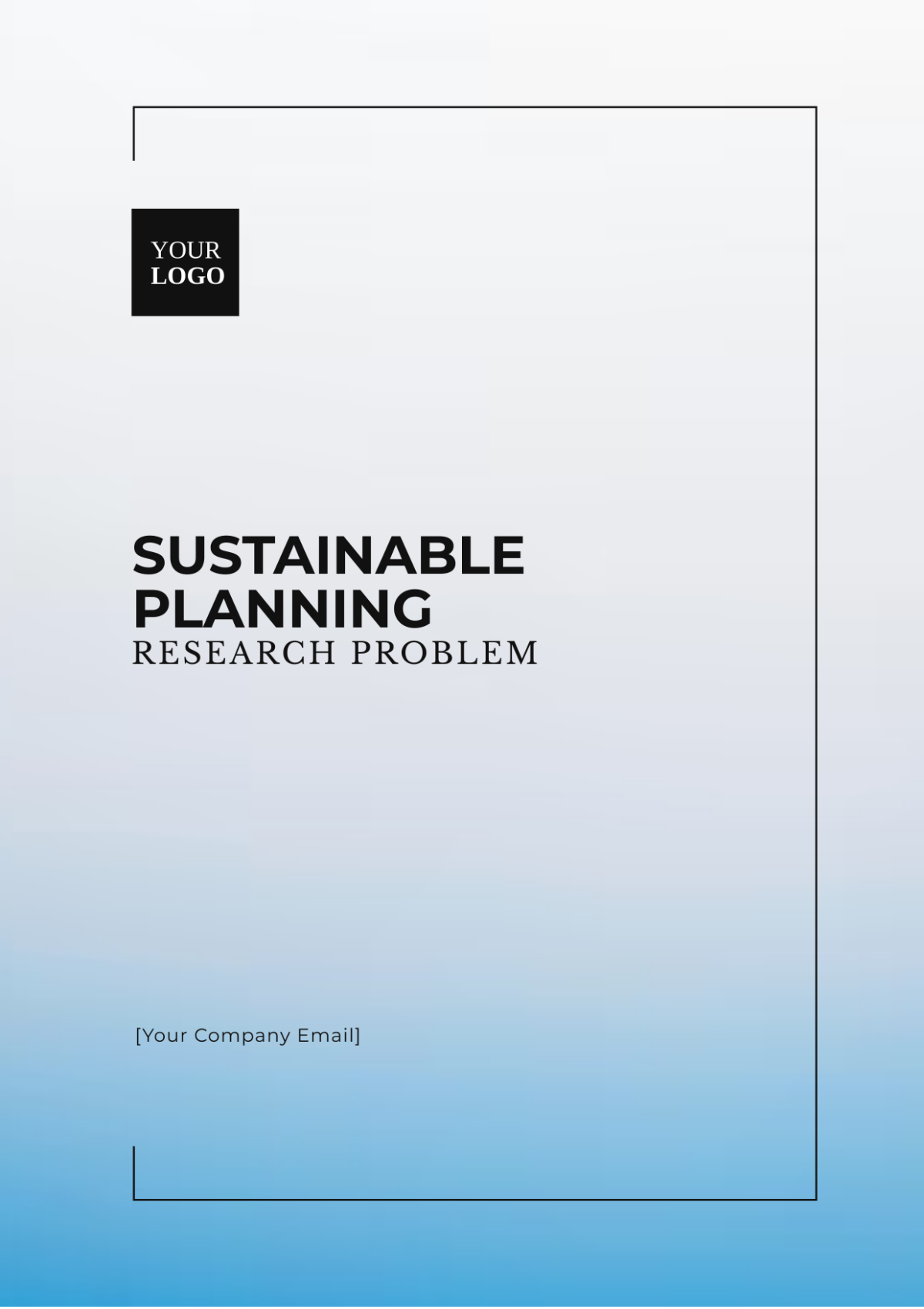
Prepared by: [YOUR NAME]
Date: [DATE]
I. Introduction
Sustainable planning is an essential component in the effort to achieve long-term environmental, economic, and social sustainability goals. The research problem within this realm focuses on the systematic identification and resolution of issues that impede sustainable development. This research aims to provide comprehensive strategies and solutions that integrate multiple aspects of sustainability, ensuring an equitable and viable future for all.
II. Research Problem Definition
The core research problem in sustainable planning involves identifying and addressing the barriers to achieving sustainable development. These barriers can be institutional, technological, economic, or social. The goal is to devise a balanced approach that supports the sustainable use of resources, economic vitality, and social equity.
III. Objectives
To analyze current challenges in sustainable planning.
To develop innovative strategies for overcoming these challenges.
To integrate environmental, economic, and social sustainability into planning processes.
To propose policy recommendations for sustainable development.
IV. Methodology
The research methodology involves a comprehensive review of existing literature, case studies, and empirical data analysis. The following steps are adopted:
Literature Review
Case Study Analysis
Empirical Data Collection and Analysis
Development of Strategies and Solutions
Policy Recommendations
V. Key Issues in Sustainable Planning
Issue | Description |
|---|---|
Resource Management | Ensuring the sustainable use and management of natural resources. |
Climate Change Adaptation | Developing strategies to mitigate and adapt to the impacts of climate change. |
Economic Viability | Balancing economic growth with sustainability principles. |
Social Equity | Ensuring that sustainable development benefits all segments of society. |
Technological Integration | Incorporating advanced technologies to support sustainable planning. |
VI. Solutions and Strategies
The following solutions and strategies have been identified to address the key issues in sustainable planning:
Integrated Resource Planning: Developing comprehensive plans that consider the interconnectedness of resources.
Green Infrastructure: Promoting the use of natural systems to manage environmental challenges.
Community Engagement: Involving local communities in the planning process to ensure inclusivity and equity.
Economic Incentives: Providing economic benefits and incentives for sustainable practices.
Technological Innovation: Leveraging technologies such as smart grids, renewable energy, and data analytics.
Policy Frameworks: Establishing policies that support sustainable development at all levels of governance.
VII. Conclusion
Sustainable planning is crucial for addressing the complex and interconnected challenges of modern society. Through systematic research and innovative strategies, it is possible to develop solutions that foster long-term environmental, economic, and social sustainability. The continued focus on sustainable planning will not only help in mitigating current issues but also in preventing future problems, ensuring a stable and prosperous future for generations to come.
VIII. References
Harris, J. M. (2050). Environmental and Natural Resource Economics: A Contemporary Approach. Houghton Mifflin.
Jacob, K., & Wilks, J. (2051). Climate Change Adaptation in New York City: Building a Risk Management Response. Annals of the New York Academy of Sciences, 865(1), 164-182.
United Nations. (2052). Transforming Our World: The 2030 Agenda for Sustainable Development.
- 100% Customizable, free editor
- Access 1 Million+ Templates, photo’s & graphics
- Download or share as a template
- Click and replace photos, graphics, text, backgrounds
- Resize, crop, AI write & more
- Access advanced editor
Introducing the Sustainable Planning Research Problem Template from Template.net—your go-to solution for streamlined project planning. This fully customizable template is easily editable in our AI Editor too, allowing for effortless updates and personalization. Designed for flexibility, it adapts to various planning needs, making your research problem organization both efficient and effective.



